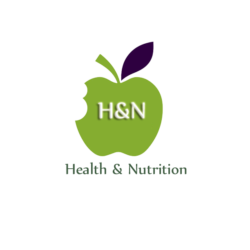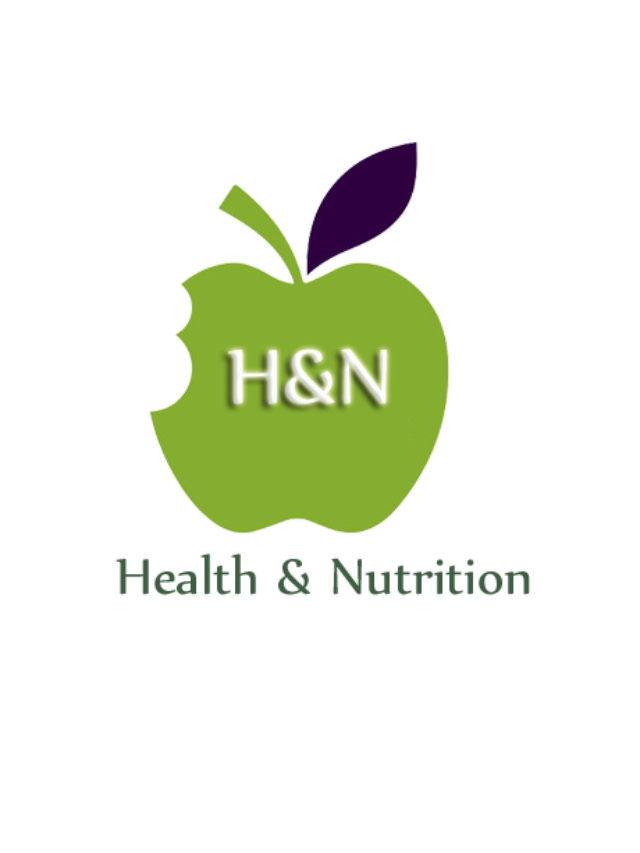The Right Way to Hydrate Your Body: Science-Backed Tips, Myths, and Benefits

Proper hydration is the cornerstone of health, yet many people underestimate its importance. From boosting energy to enhancing cognitive function, staying hydrated impacts every cell in your body. This guide breaks down the science of hydration, debunks myths, and shares actionable strategies to keep your body balanced and thriving.
How Much Water Do You Really Need?
The “8 glasses a day” rule is a starting point, but individual needs vary based on:
- Activity level: Add 12–16 oz for every 30 minutes of exercise.
- Climate: Hot/humid weather increases sweat loss.
- Health status: Fever, pregnancy, or breastfeeding raise demands.
The National Academies of Medicine recommends:
- Men: 3.7 liters (125 oz) daily from fluids and food.
- Women: 2.7 liters (91 oz) daily.
Tip: Check your urine color—pale yellow means you’re hydrated!
Best Ways to Hydrate (Beyond Plain Water)
1. Prioritize Electrolytes
Electrolytes like sodium, potassium, and magnesium help retain fluids. After intense workouts, opt for:
- Coconut water
- Homemade smoothies with leafy greens
- Electrolyte tablets (low-sugar options)
2. Eat Water-Rich Foods
- Cucumber (96% water)
- Watermelon (92%)
- Broccoli (90%)
3. Sip Strategically
- Drink 16–20 oz of water 2 hours before exercise.
- Avoid chugging large amounts at once—small, frequent sips are better.
Common Hydration Myths Busted
Myth: “Coffee dehydrates you.”
Fact: Moderate caffeine intake doesn’t offset hydration, says a PLOS ONE study.
- Myth: “Thirst is the best indicator.”
Fact: By the time you’re thirsty, you’re already mildly dehydrated. - Myth: “Clear urine means optimal hydration.”
Fact: Overhydration can dilute urine; aim for pale yellow.
Signs You’re Dehydrated
Watch for:
- Dry mouth, dark urine, dizziness
- Muscle cramps, rapid heartbeat
- Confusion (severe cases)
At-Risk Groups: Athletes, older adults, and those with chronic illnesses.
Hydration Hacks for Different Lifestyles
“Hydration tips for every lifestyle”
- Office Workers: Set hourly reminders to drink; keep a bottle on your desk.
- Athletes: Weigh yourself pre/post-workout—drink 16–24 oz per pound lost.
- Busy Parents: Infuse water with fruit for a flavorful twist kids love.
Risks of Overhydration (Yes, It’s Possible!)
Excessive water intake can cause hyponatremia (low sodium levels), leading to nausea, seizures, or coma. Stick to your body’s needs and balance with electrolytes.
FAQs About Hydration
1. Does sparkling water count toward hydration?
Yes, but avoid sugary sodas.
2. Can you hydrate through IV therapy?
Only for severe dehydration; oral hydration is preferred.
3. Do sugary sports drinks work?
Reserve them for intense workouts >60 minutes.
4. How does alcohol affect hydration?
It’s a diuretic—pair each drink with a glass of water.
Conclusion
Hydration isn’t just about drinking water—it’s about consistency, electrolytes, and listening to your body. Tailor your intake to your lifestyle, and use food as a fluid source. Stay proactive, and your energy, skin, and overall health will thank you!




